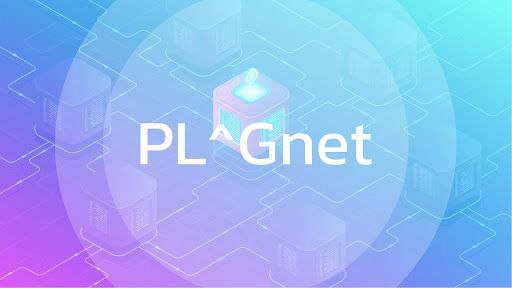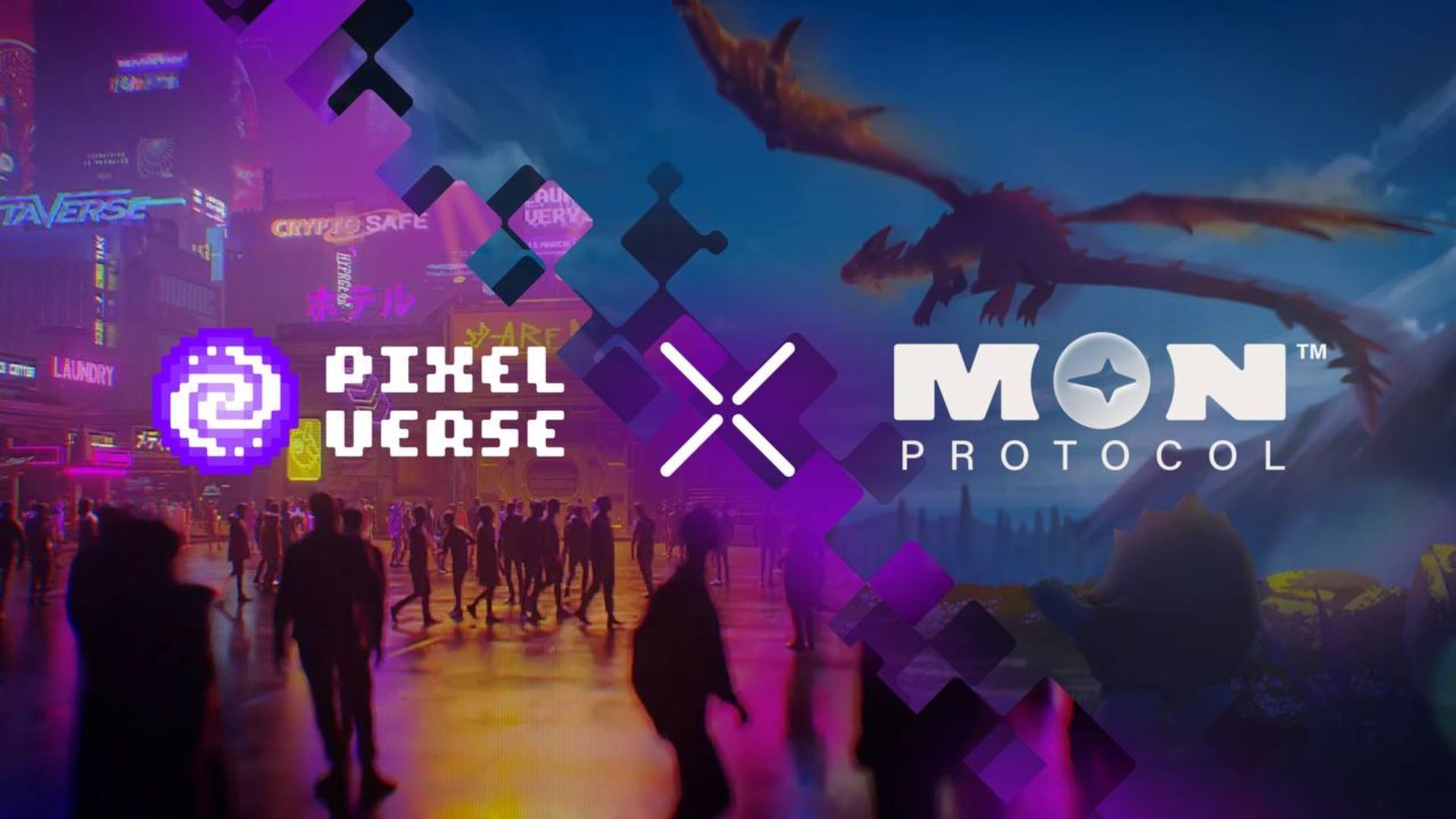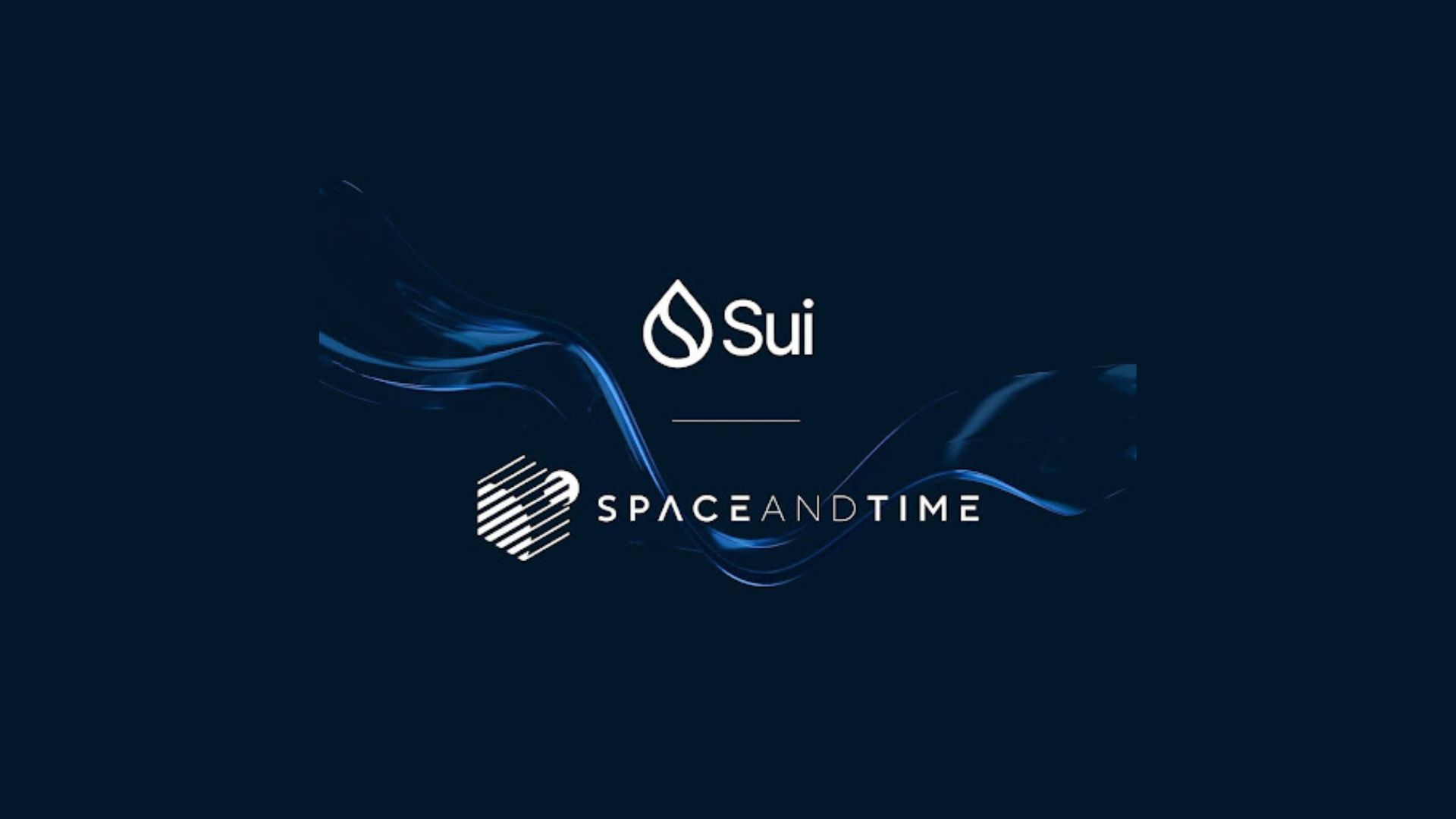Cryptocurrencies are surging back as Bitcoin and others recover from this summer’s drastic correction. However, many blockchain projects are concerned over recent developments that might be more consequential than miner migrations and overheated markets.
An organization known as the Financial Action Task Force issued sweeping guidelines on the regulation of what it calls “virtual assets and virtual asset service providers.” These are expected to inform hard laws as they are implemented across jurisdictions by October 2021. The international community will then enforce these laws by labeling non-compliant countries, organizations, and individuals as “high-risk.”
This presents serious legal and financial challenges for many startups in the blockchain and cryptocurrency industry, especially those focused on decentralizing financial services. Most of these are now considered to be “virtual asset service providers” according to the official definition of the term.
“Any natural or legal person who is not covered elsewhere under GVA’s recommendations, and as a business conducts one or more of the following activities or operations for or on behalf of another natural or legal person:
By falling into this category, a team that may have built a decentralized application will be required to become a fully regulated entity. It will need to develop proper KYC and AML features as well as other mechanisms for transaction monitoring and collecting additional client information. Sadly, most projects in the budding DeFi sector of the blockchain industry are not prepared to comply with these requirements. They may not have the resources, staff, or technical capacity to implement the necessary infrastructure.
Not everybody needs to face this challenge, however. Especially not if they have already embedded these features into their services or are able to rely on other solutions to handle compliance for them. Forward-looking projects such as PL^Gnethave focused on providing investors with the tools they need to stay transparent and compliant since before any of these concerns came to surface. The same tools are also available to teams who might be looking for an efficient solution to KYC, AML, and other new necessities.
PL^Gnet works as a public Proof of Stake network that enables asset custodians to leverage any asset from any network in its synthetic form in DeFi. Its users can create, manage, and leverage these assets in a semi-permissionless way on a single network that complies with regulatory requirements. Similarly, DeFi product creators can use PL^Gnet to benefit from high-quality identity information based on customer KYC and AML processes at partner exchanges. This ensures services consumers can trust.
Jeff McDonald, the team’s COO, has a different opinion to the industry’s prevailing outlook with regards to impending regulations. He believes a clear regulatory framework might not be an issue at all. “It does not need to spell the end of decentralization just because the government is regulating crypto service providers. PL^Gnet partners with exchanges, custodians, and staking farms to comply with KYC and AML requirements so any protocol operating within PL^Gnet does not need to bear this overhead. Everyone within the platform can be certain they are doing responsible business from a regulation, counterparty, and risk perspective.”
PL^Gnet’s solutions have already caught the attention of over 15 partners who are part of the PL^Gnet Partner Alliance. Protocols, staking farms, infrastructure projects, liquidity providers, and exchanges are now working together with the network to make DeFi compliant and safer for institutional investors. For projects like PL^GNet, regulation is a welcome source of clarity and represents a step towards the mass adoption of the new technology.
Disclaimer: This article is provided for informational purposes only. It is not offered or intended to be used as legal, tax, investment, financial, or other advice.
Investment Disclaimer













